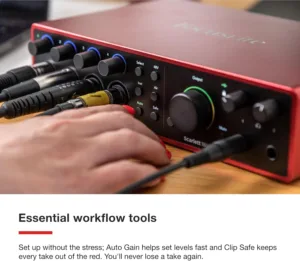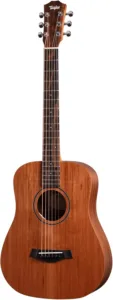Introduction
The Basis for choosing a musical instrument is based on various factors. Some of these factors include personal preference, technical requirements, and the specific genre or style of music they perform.
Learning a musical instrument can be one of the most rewarding experiences of your life. Not only does it provide creative expression, but it can also teach discipline and increase self-confidence. After you read this article, you will unlock the door to choosing the right musical instrument.

Some guidelines for choosing a musical instrument
Many people would like to learn how to play a musical instrument, but they need help with one big problem: what to play? Here are a few guidelines to help you decide
- Musical Interests
Choose an instrument based on the music you love to play. Consider your favorite styles and narrow your interests to find the best fit. Each instrument is suited to different types of music, so choose one that matches your preferences.
- Physical Abilities
Consider your physical abilities when choosing an instrument. Small hands may struggle with guitar or piano, while asthma may make wind instruments challenging. Choose an instrument that suits your abilities.
- Time Commitment
In addition to choosing an instrument that appeals to your musical tastes, you must consider how much time and energy you are willing to dedicate to learning it. Some instruments require less practice than others; this could be beneficial if you are starting and do not have much extra time on your hands. On the other hand, investing in an instrument that requires more intensive practice might be worth considering if you are looking for more of a challenge.
- Cost Considerations
Quality instruments are essential for a good playing experience. Guitars and violins have lower initial costs than pianos and drums, but additional accessories like strings can add up. Set a budget and research all costs before buying to avoid overspending.
- Your Learning Style
Finally, consider your learning style when choosing an instrument. Some instruments are more accessible to learn independently, while others require structured lessons. Find an instrument that fits your preference and lifestyle and a pitch-perfect teacher with Muzikboxx. Dedication and practice can lead anyone to learn how to play an instrument.

Ultimately, choosing the right instrument comes from personal preference. Choosing a musical instrument is based on personal preference and lifestyle. It is essential to find an instrument that fits both musically and financially. Finding a music teacher is crucial once you have found the perfect instrument. Practice and dedication teach anyone to play an instrument that works best for them.
Some factors that play a crucial role in determining the Basis for choosing a musical instrument
I-Basic acquaintance with musical instruments
To choose one, you need to have a basic acquaintance with the types of instruments. Based on the way they are played, musical instruments are divided into several types:
- String instruments, or chordophones:
- Wind instruments
- Percussion instruments:
- Keyboard instruments
II-Duration of learning

Learning string instruments requires patience, determination, and coordination. It takes 12-24 months of practice to complete basic lessons. Wind instruments take 10-24 months on average, while percussion instruments can be learned in about a year. Age may affect learning time.
III-Age of learner
Age is essential when learning music, as physical and mental preparedness varies. Orff's approach is suitable for children under ten, teaching instruments such as recorders and Bells. Bells aid in visual understanding, with each note represented by a different color. Flute appeals to children, and those who start with Orff's approach are less likely to quit. Any instrument can be chosen for children above ten based on their interests. Older people should choose an instrument they enjoy due to limited time for practice.
Conclusion
Setting my mind on a musical instrument
was like falling in love.
All the world seemed bright and changed.
William Christopher Handy
https://www.brainyquote.com/quotes/william_christopher_handy_366306?src=t_musical_instrument
To conclude, musicians have different preferences and priorities. They prioritize factors based on their needs and goals. The chosen instrument must inspire and enable practical expression of musical vision.
FAQ

- How do I choose a musical instrument?
Consider what genre of music you like to listen to.
Try to set a budget for your instrument, accessories, and lessons.
Keep the space and portability of the instruments in mind.
- What is the most important consideration in choosing an instrument?
The most crucial consideration before you choose an instrument will be whether you enjoy the sound of it. Before you pick one, try experimenting with various tools to find one
- What are the 3 types of musical instruments?
Musical instruments are of three main categories:
Stringed instruments.
Percussion or membrane instruments
Wind instruments.




